Catering gifted students in the mathematics classroom pdf
Catering for mathematically gifted elementary students: Learning from challenging tasks 7 the development of a comprehensive understanding of mathematics and consequently, there are
There are a wide range of provisions to be considered when catering for the mathematically gifted student(s) in the classroom. These include acceleration,…
Catering for Mathematically Gifted Elementary Students: Learning from Challenging Tasks by Carmel M. Diezmann, James J. Watters, in Gifted Child Today ($) All learners require challenging tasks to facilitate learning and develop autonomy.
The gifted and talented program at Glenwood High School aims to celebrate ability in a wide range of learning areas, thereby catering for the diverse needs and interests of our students. For more information on the program, see the 2019 parent gifted and talented prospectus (PDF 622KB) .
Catering for the Needs of Gifted and Talented Students by Defining an Appropriate Curriculum WONG Kam-kuen, Doris The Salvation Army Tin Ka Ping Primary School INTRODUCTION Gifted education is a universal issue that raises public attention in recent decade. The mission of education is to ensure that the educational needs of all students are met so that their potential can be fully …
This article written by James Watters emphasizes the need to challenge gifted students in mathematics. He gives a theoretical background to the nature of the learning task and the role of the teacher using several examples.
Consider the following hypothetical classroom scenario: Gina is a Year 3 student. It is the beginning of the school year and the teacher has realised that Gina demonstrates a keen awareness and understanding in mathematics.
Within-classroom accommodations that respond to the varying needs of gifted students include curriculum compacting, self-instructional programs, learning packets or learning contracts and advanced materials (Kulik, 1993; Parke, 1989). Internet study provides an option both within and without the classroom.
This site supports schools, teachers, students and parents in assisting gifted and talented students to reach their full potential academically, emotionally, and socially.
There are many strategies that classroom teachers can experiment with if they have talented students working in a heterogeneous group. These include accelerating the curriculum for these learners, enriching the curriculum by including activities outside the curriculum, getting students involved in mathematical competitions such as math Olympiads or math circles, helping them to . 2 gain access
Characteristics of gifted math student saydel csd extended highly capable characteristics social and emotional issues of gifted students catering for gifted students in …
classroom activities, eg an experiment, a problem-solving activity, an excursion, reading a text, research activities, viewing a film. • Brainstorm ideas and language generated by these activities.
This article examines the situation of mathematically gifted and talented students, who are typically misunderstood, bored, and frustrated in the regular classroom. It identifies some strategies for use with such students, and argues that such a critical resource cannot be ignored. The article concludes that more research needs to be done in the Caribbean to determine the needs of the gifted
within the classroom, it is essential that gifted and talented students are given appropriate challenges in order to further mature their skills, as well as develop a positive internal impetus and self-efficacy toward learning (Vialle & Rogers, 2009).
Catering for the mathematically gifted There are a wide range of provisions to be considered when catering for the mathematically gifted student(s) in your classroom. These include acceleration, enrichment, differentiation, curriculum compacting, mentorships, and competitions. The focus for this article is specifically on the use of competitions as one provision for the education of
This chapter is about the characteristics and needs of gifted children and an approach to teaching which caters for gifted children within the regular classroom. The approach is supported by a set activities that provide a flexible framework for teaching science and mathematics. We draw on our experiences of catering for gifted young children through extension programs for which the …
Boredom is a major concern of gifted students and stems from a lack of challenge in academic tasks and a perception by these students of the limited value of the “learning” experience (Feldhusen & Kroll, 1991; Galbraith, 1985; House, 1987). Academic tasks constitute the “work” of the classroom and, ideally, provide the necessary
Keeping the Passion Alive Identifying and Catering for
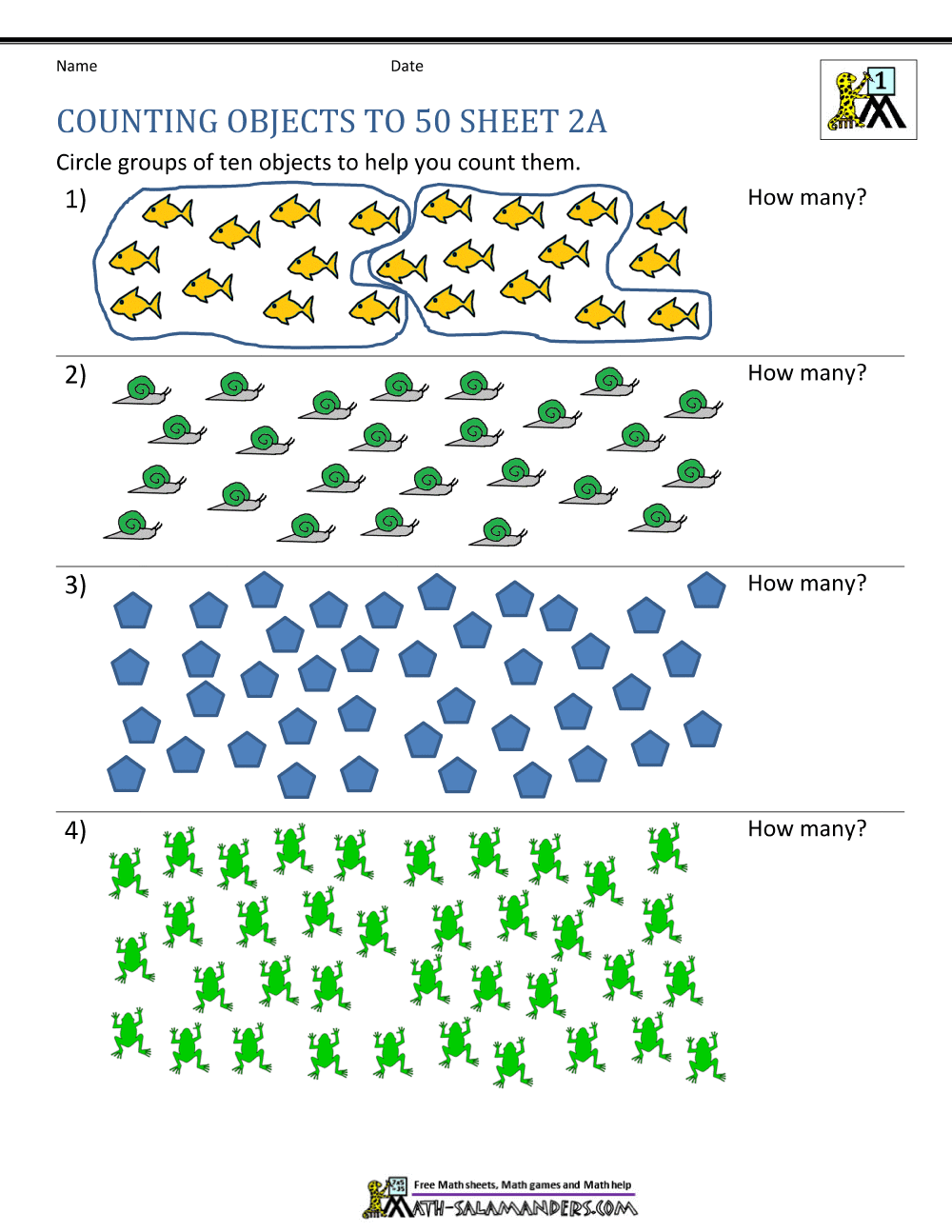
Looking for Gold Catering for Mathematically Gifted
LEARNING DISABLED AND GIFTED •Harder to detect with regular testing •ADHD •Memory problems •Dyslexia •Asperger’s •More •Very important they are catered for
An introduction to gifted and talented learners in our classroom Hofkens, E. PDF, 808.49 KB. Influential Studies . Some important definitions and research have influenced attitudes to giftedness and talent over the last five decades. Following is a summary of several these influential studies: Lewis Terman of Stanford University initiated a longitudinal study in 1921 with a group of more than
0 Catering for the learning needs of gifted and talented students in a New Zealand context. A qualitative research project conducted by Adrian Smith
Giftedness is an elusive concept. The way teachers perceive the meaning of giftedness affects how they teach and attend to the needs of the gifted students in their classrooms. The aim of this study was to examine teachers’ views on teaching mathematics to gifted/talented students. The methodological orientation of the study was phenomenological.
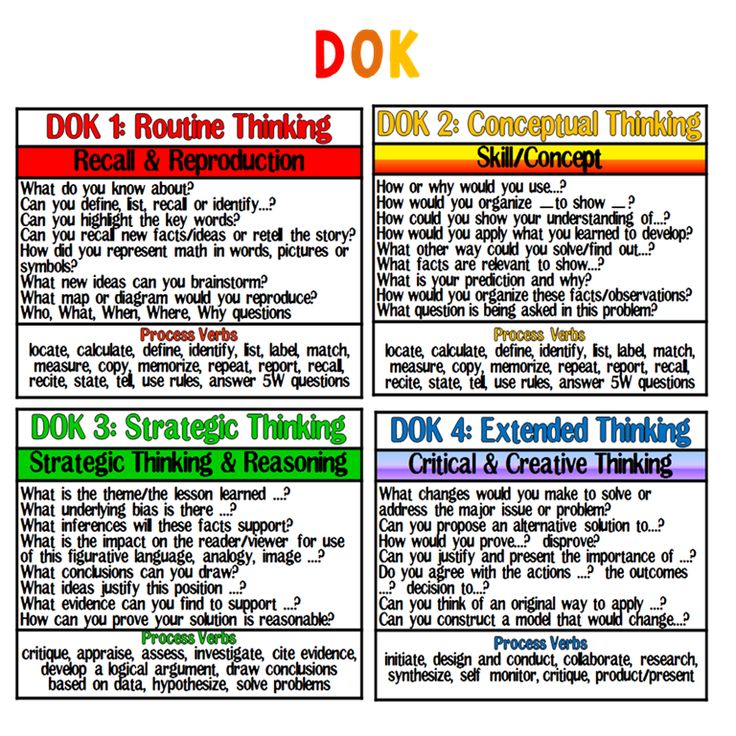
learning program for gifted mathematics underachievers Heidrun Stoeger Albert Ziegler University Ulm, Germany The evaluation of an elementary classroom self-regulated learning program aimed at the central causes of academic underachievement is recounted. The participants of the study were 36 Fourth Grade gifted underachievers in mathematics, who were identified in a sample of 1200 students
Mathematically Gifted in the Heterogenous Class The difficulties of the task force’s definition of “mathemati- cal promise” lie in recognizing and nurturing potential.
fragmented because there are clear links between such activities and the general classroom activities and topics of study. Enrichment reduces the need to assess for giftedness and without the gifted label students tend to be treated with respect by their peers and to be fully included. Enrichment engages students in mathematics and its popularisation and therefore is as essential for the
Newfoundland and Labrador Department of Education Page 10 of 225 Within the community and the education system there are many misconceptions about students who are gifted and talented.
Groupings outside the regular classroom Ability groups are not detrimental to gifted students, nor non-gifted students. The myth that heterogeneous ability grouping by age is best for all students, was fuelled by Slavin’s research,
About This website aims to assist beginning teachers in differentiating their lessons in mathematics in composite classes. This website, however, focuses on ‘location and transformation’ open ended tasks, aimed at middle primary years.
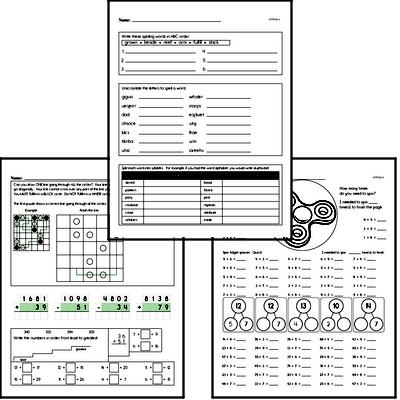
Math Talent Quest (‘MTQ’) aims to involve students of all ability levels in a cooperative and enjoyable mathematics project activity. The MTQ is a State competition and some of the winners go forward to the National Maths Talent Quest held in a different State capital each year.
In this chapter I trace the scope and themes of ZDM publications in which the education and needs of mathematically gifted students are discussed and compare the findings with those reported in the broader mathematics education research literature.
Mathematics Support for Advanced-Level and Gifted Students Pre-Assessment Give pre-assessments so that students who already know the material do not have to …
OUT-OF-SCHOOL EDUCATIONAL PROVISION FOR THE GIFTED AND TALENTED AROUND THE WORLD A report for the Department of Education and Skills London, 2002
Mathematically Gifted and Talented Students Page 3 Catering for the Gifted Mathematically gifted students require a lot of support, both academically and socially. They need to be challenged in their work and feel as if they are part of a supportive learning community rather than a burden or oddity. Methods that mathematics teachers can use in the classroom to support their gifted students
o Skills and/or experience catering for gifted and talented students page 24 o Demonstrated communication and interpersonal skills with the capacity to work with students…
Teaching Mathematics to Gifted Students in a Mixed-Ability Classroom This article offers advice on instructional and curricular modifications for a gifted child. It also explains the responsibility of schools and teachers in developing giftedness in mathematics.
The paucity of topical research, however, into the nature of mathematical giftedness, the effects of being mathematically gifted, or ways in which students with mathematical talent should be taught, especially at the high school level, seems surprising given the importance and documented need for quality mathematics students.
Inquiry into the Education of Gifted and Talented Students
Catering for gifted or more able students in the regular classroom — Module 1 of School-based Gifted Development Programme in Mathematics [Primary] (Re-run)
While students with learning difficulties and gifted students clearly differ substantively, they are both “at risk” of underachieving in mathematics (Diezmann, Thornton, & Watters, 2003). This
Gifted and Talented Learning needs checklist; A checklist is provided for your use, to ensure that when working with gifted and talented students in the classroom, you are able to effectively meet the demanding needs of this type of learners abilities.
Catering for exceptional students in mathematics, in Perry, B and Anthony, G and Diezmann, C, gifted in mathematics. While students with learning difficulties and gifted students clearly differ substantively, they are both “at risk” of underachieving in mathematics (Diezmann, Thornton, & Watters, 2003). This chapter provides an overview of the context for the education of students with – 10 year old boy gift guide Classroom practices used with gifted third and fourth grade students. Journal for the Education of the Gifted, 16, 103-119. Journal for the Education of the Gifted, 16, 103-119. Greenes, C. (1981).
However, when you are creating grade 3 mathematics activities for talented and gifted students on elapsed time, they will look forward to the challenges these more difficult problems can bring. If you are modifying grade level elapsed time problems to make them more difficult for gifted students, then just be careful to make the problems realistic.
gifted learning in the classroom and equip you to lead improved provision for gifted and talented students in your school. The workshop will focus on learning in the primary
Download creativity in mathematics and the education of gifted students PDF, ePub, Mobi Books creativity in mathematics and the education of gifted students PDF, ePub, Mobi Page 1
Teachers’ perceptions on identifying and catering to the
Teaching Mathematics to Gifted Students Education Oasis
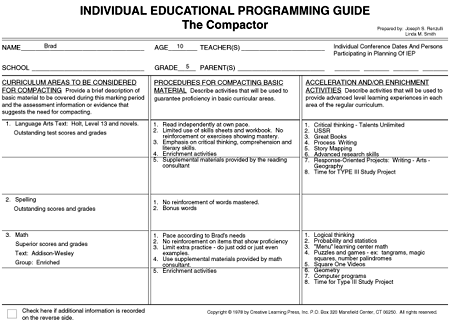
Gifted and Talented Primary and Secondary Students
OUT-OF-SCHOOL EDUCATIONAL PROVISION FOR THE GIFTED

Evaluation of an elementary classroom self-regulated
Catering for Mathematically Gifted Elementary Students
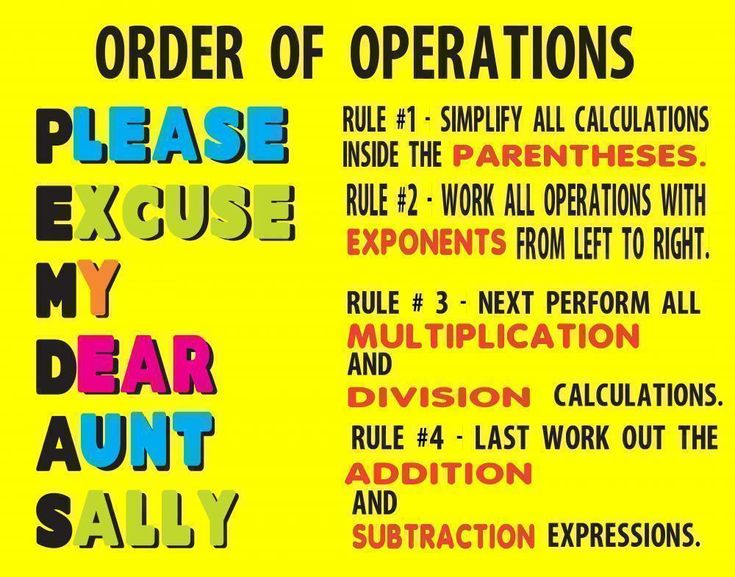
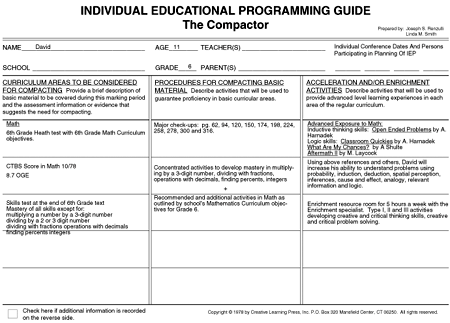
Gifted & Talented students Teaching matters
Catering to Mathematically Gifted Students in Primary
– Optimising activities to meet the needs of young children
Meeting the needs of gifted mathematics students Sally
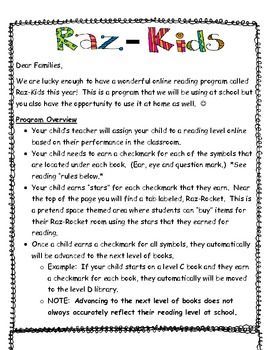

Gifted and Talented Children in (and out) of the classroom
High Achieving Talented and Gifted / Catering for
OUT-OF-SCHOOL EDUCATIONAL PROVISION FOR THE GIFTED
Catering for Mathematically Gifted Elementary Students
Consider the following hypothetical classroom scenario: Gina is a Year 3 student. It is the beginning of the school year and the teacher has realised that Gina demonstrates a keen awareness and understanding in mathematics.
OUT-OF-SCHOOL EDUCATIONAL PROVISION FOR THE GIFTED AND TALENTED AROUND THE WORLD A report for the Department of Education and Skills London, 2002
Classroom practices used with gifted third and fourth grade students. Journal for the Education of the Gifted, 16, 103-119. Journal for the Education of the Gifted, 16, 103-119. Greenes, C. (1981).
learning program for gifted mathematics underachievers Heidrun Stoeger Albert Ziegler University Ulm, Germany The evaluation of an elementary classroom self-regulated learning program aimed at the central causes of academic underachievement is recounted. The participants of the study were 36 Fourth Grade gifted underachievers in mathematics, who were identified in a sample of 1200 students
Mathematics Support for Advanced-Level and Gifted Students Pre-Assessment Give pre-assessments so that students who already know the material do not have to …
However, when you are creating grade 3 mathematics activities for talented and gifted students on elapsed time, they will look forward to the challenges these more difficult problems can bring. If you are modifying grade level elapsed time problems to make them more difficult for gifted students, then just be careful to make the problems realistic.
There are many strategies that classroom teachers can experiment with if they have talented students working in a heterogeneous group. These include accelerating the curriculum for these learners, enriching the curriculum by including activities outside the curriculum, getting students involved in mathematical competitions such as math Olympiads or math circles, helping them to . 2 gain access
Download creativity in mathematics and the education of gifted students PDF, ePub, Mobi Books creativity in mathematics and the education of gifted students PDF, ePub, Mobi Page 1
OUT-OF-SCHOOL EDUCATIONAL PROVISION FOR THE GIFTED